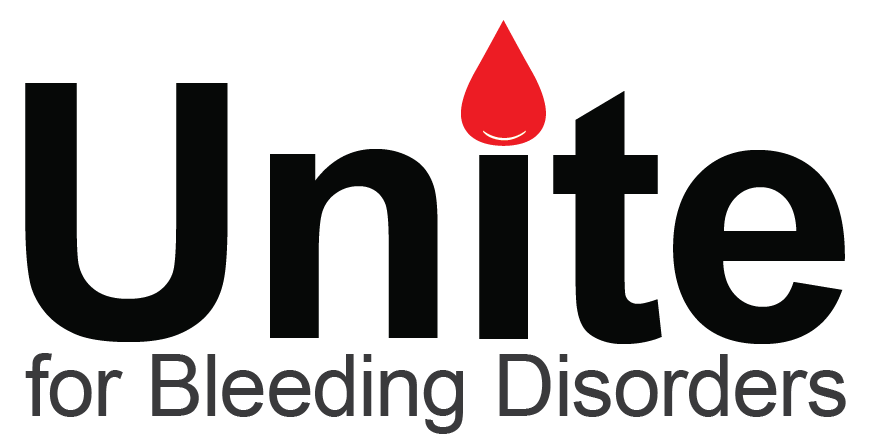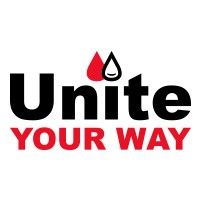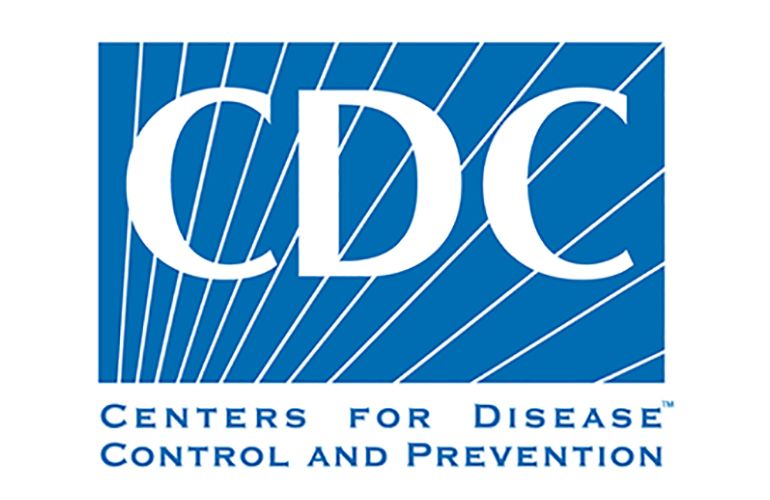
1. Identify your issue
- Determine how you will remedy your problem, whether it’s through legislation, regulation or funding
- Identify the key stakeholders (constituents, government, other interest groups, etc.)
- Construct your argument
- Organize your constituency
- Plan your strategy with specific attainable and measurable tasks
- Create a schedule of your activities (Note: A clearly defined problem will help you to create an effective advocacy strategy.)
2. Know your facts
- Prepare fact sheets to support your position
- List the most important and persuasive points to make your case
3. Build your base of support
- Determine the best approach to reach out to the broader community. Is it a conference, board meeting, etc.?
- Are there other organizations or influential community leaders who would support your position?
- Determine how effective it will be to create a coalition with a list of endorsees or an ad hoc group that agrees to a common set of goals. Understand how your issue will fare if you participate in a coalition.
4. Know your opposition
- Do your homework!
- Is your opposition an organization, a person, an industry, or the economy?
- Why does it oppose your issue?
- Understand its strategy
5. Know the legislative process
- Carefully plan your approach to each legislator, key staff or agency executive
- Understand what role those individuals will play in the outcome of your issue
- Develop networks of associates in the legislature, including staff and other advocates
- Don’t be afraid to introduce yourself and your issues to legislators and staff (Note: Written materials alone cannot make your case. Successful advocacy will depend on how well you are able to identify your proposals and meet and discuss them with those in power.)
6. Use the media to raise awareness of your issue
Prepare a media list
- Write letters to the editor or Op-Ed pieces to share your point of view
- Send out news releases telling your story
- Contact specific reporters about covering your issues
- Consider the viability of holding a press conference to announce the launch of your campaign or the release of new supporting data
- Appear on local media networks, i.e., local radio or cable talk shows









